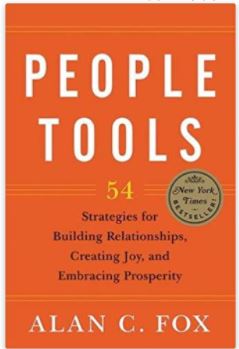I haven’t hugged anyone except Daveen for six months. We haven’t gone out together at night – no movies, no plays, no dinners at a restaurant with friends. The landscape of my calendar has no social appointments. It feels as if I’m living at the North Pole looking out on ice with no landmarks.
And yet, I really don’t miss any of the above.
Well, maybe hugging.
In short, my life during the pandemic is less cluttered. Now I have time to focus more deeply on simple pleasures – a crisp salad for dinner, an uninterrupted telephone call with a friend, or meandering through my garden. I also share breakfast regularly with my oldest daughter, who is now living with us.
I recently asked Robert, an attorney friend of mine, how he and his family are doing.
“It’s different,’ he said, “but basically fine. We used to have family dinners only on weekends. Now I work at home, so I stop every day at five o’clock to cook dinner. After our meal together as a family, I go back to work.”
Many people I know have moved, often to live closer to, or with, family. Many are also changing jobs.
It isn’t often that nature hits the “pause” button and gives us a chance to reevaluate our lives. But this is exactly where many of us find ourselves today. As a pragmatist I say, “Let’s take advantage of the opportunity. Let’s rethink our previous actions and habits, with an eye toward being mindful of what works best for us. What should we keep, and what might we discard?” I think about this often for myself.
Since we now have fewer external distractions, we are living more intensively with a few companions, and less extensively in larger groups. In a year or two we’ll return to “the good old days”. But we also have the rare chance to move into “the even better days” by using this time to transform our lives in the direction of simplicity.
Alan



